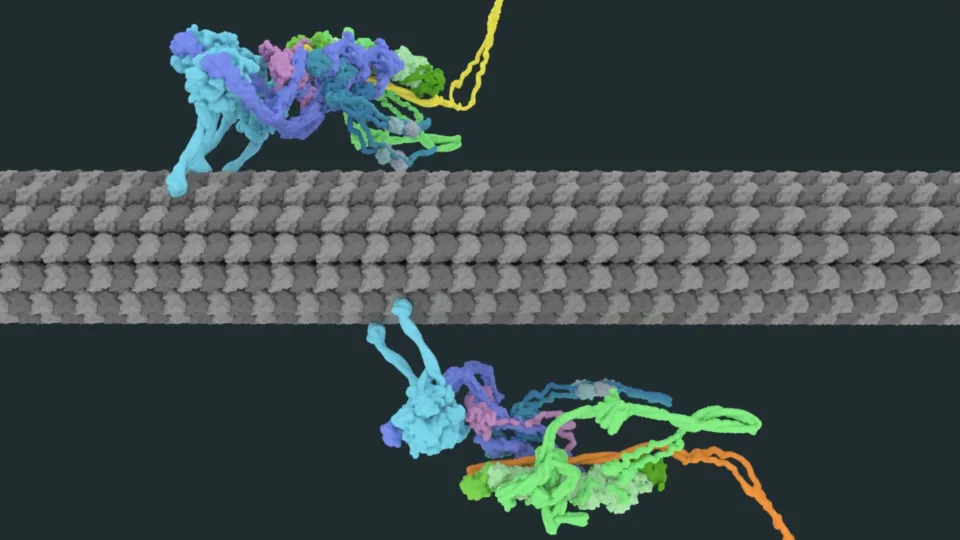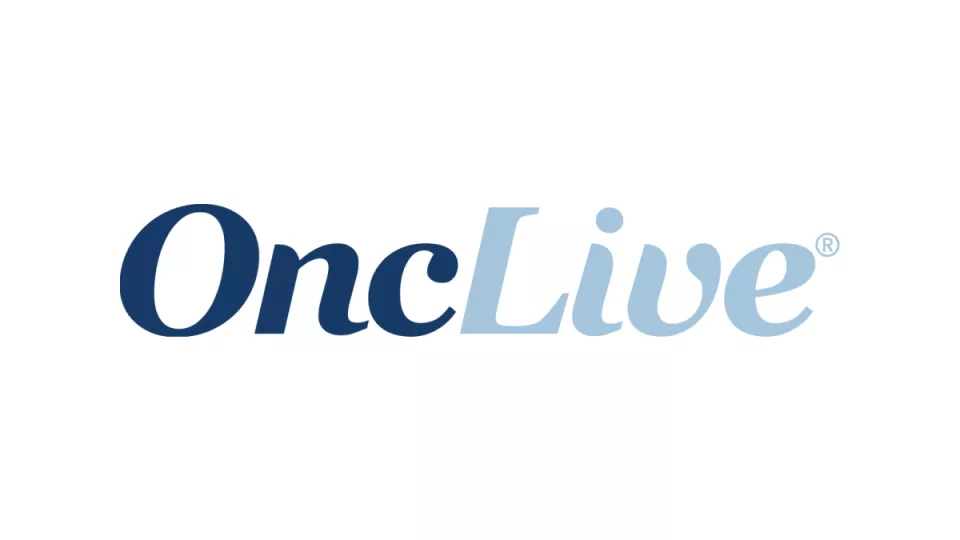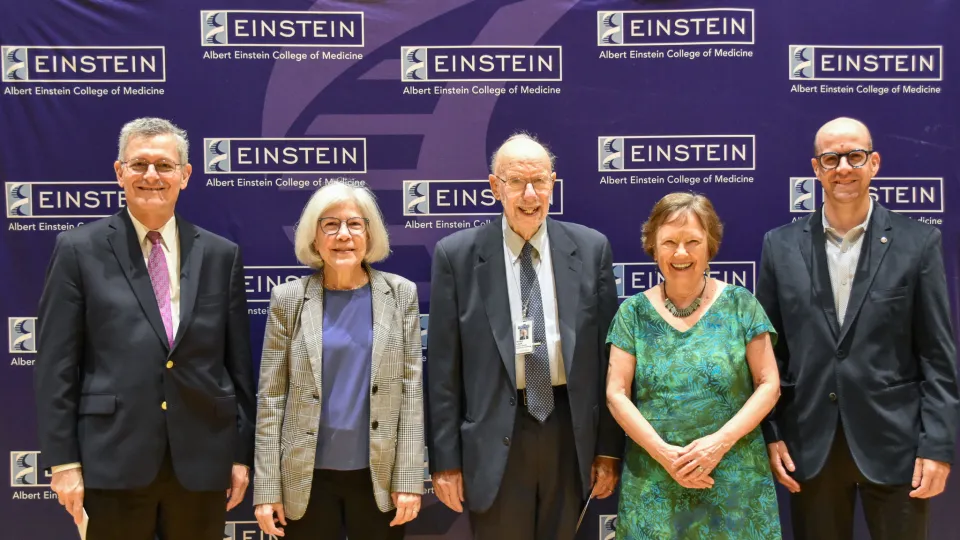News Brief
Potential Treatment Advance Against Osteosarcoma
February 14, 2024
Osteosarcoma is the most common bone cancer in children and adolescents. Despite aggressive treatments, the long-term survival of patients with metastatic or relapsed osteosarcoma is poor, with a 5-year survival rate of around 30 percent. Finding targeted therapies for osteosarcoma has been challenging due to the wide variety of genetic differences in the genomes of osteosarcoma cells.
In a study published online on February 14 in Oncogene, Bang Hoang M.D., Deyou Zheng, Ph.D., and colleagues discovered that SKP2—a protein commonly overexpressed in osteosarcoma tumors—helps osteosarcomas maintain a population of stem cells that can resist chemotherapy. The researchers also found that two known SKP2 inhibitors showed anti-cancer effects in mice and in osteosarcoma organoids. The inhibitors worked better when combined with doxorubicin, a commonly used chemotherapy drug. The findings suggest that adding SKP2 inhibitors to the current chemotherapy regimen for osteosarcoma may improve outcomes by targeting the cancer stem cell population and reducing resistance to chemotherapy.
Dr. Hoang is professor of orthopaedic surgery at Einstein, co-director of the orthopaedic oncology division at Montefiore Medicine, and a member of the National Cancer Institute–designated Montefiore Einstein Comprehensive Cancer Center. Dr. Zheng is professor of genetics, in the Saul R. Korey Department of Neurology and in the Dominick P. Purpura Department of Neuroscience at Einstein, and a member of the National Cancer Institute–designated Montefiore Einstein Comprehensive Cancer Center.



